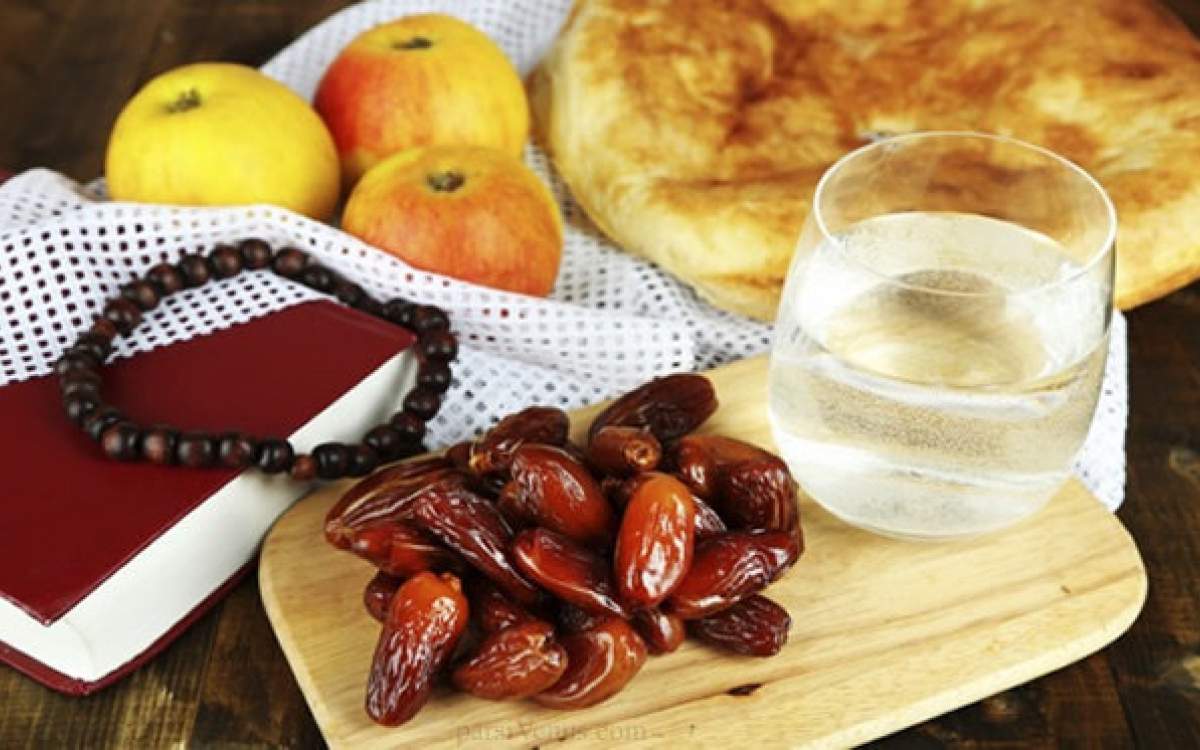The Iran Project
: Considering its several thousand years of history and its emphasis on improving lifestyle and maintaining health, Iranian traditional medicine has a rich capacity to promote self-care, especially during the holy month of Ramadan.
Monday 11 March 2024 - 23:36
Story Code : 417410
Source : Tehran Times
Traditional medicine recommends healthy diet during Ramadan
Ramadan, the month of mercy for Muslims, begins on Tuesday in Iran. Fasting might give people a chance to improve their physical and mental health.
However, there are reasons (considering each person’s state of health) that might excuse one from fasting. Those who are suffering from medical conditions, such as diabetes, hypotension, or hypertension, may or may not be able to fast.
Ramadan is a brief spell of abstinence as God - who had created us all - has seen fit for human beings to limit their food intake for some days throughout the year. Fasting is also being observed in some other religions or other philosophies as well to some extent by cutting down on foods and drinks.
According to Mehdi Mirghazanfari, an Iranian-Islamic traditional medicine researcher, fasting, the way it is recommended in Islam by abstaining from eating and drinking from dawn to sunset, is the best method to ensure a healthy body.
Likewise, when someone comes down with an illness due to mal-temperament, or as used in Persian ‘Sou-e-mizaj’, the doctor should advise them to abstain from using foodstuff that makes them sick in the first place and then start consuming food and drinks which help them to restore health.
Eat lightly
Those who start eating since sunset right before going to bed might lose their appetite for Suhur -the meal consumed early in the morning by Muslims before fasting- which is an important meal and skipping it might cause problems. Generally, one should eat lightly and try to eat less before sleeping.
Wake up early for Suhur
It’s better to wake up early for Suhur (an hour or an hour and a half before the call for prayer) so that one would get hungrier and staying up until the true dawn would be great, therefore one would not feel full.
Let the body decide
If you do not feel like eating right after sunset (such as people with sanguine temperament) it’s fine. Let your body decide the right time to eat.
The digestive tract has been empty for about two-thirds of the day and needs to be dealt with cautiously. Besides don’t forget to consume adequate amounts of fruits, milk, wheat and its derivatives, rice, and meat.
Nafiseh Hosseini Yekta, the director of the health ministry’s office for Iranian traditional medicine, says there are special measures regarding the modification of eating and drinking habits, based on the temperament of people, the temperament of different types of food, and the right time to eat and drink, that can help reduce the effects of improper nutrition on the body.
It is appropriate to start Iftar with a warm, slightly sweet, light, simple, and easy-to-digest drink, and the best option is to consume dates, honey, figs, or raisins along with a hot drink.
In addition to rapidly increasing blood sugar and eliminating weakness, it does not weaken the function of the stomach and prevents overeating.
One to one and a half hours after breaking the fast is the right time to consume fruit, and drinking natural juices, in addition to reducing the intensity of thirst, is also considered a useful source for providing minerals and vitamins needed by the body.
Consuming dry, sweet, fried and high-fat, starchy, and spicy foods and consuming too much meat, as well as drinking coffee, cocoa, and strong tea, are some of the things that cause thirst and it is better to stay away from Suhur meal.
Exercising at the peak of hunger is not recommended at all, and to prevent thirst, you should not exercise during hot hours of the day or in hot places.
Reporter : Editorial of The Iran Project
# Tags











